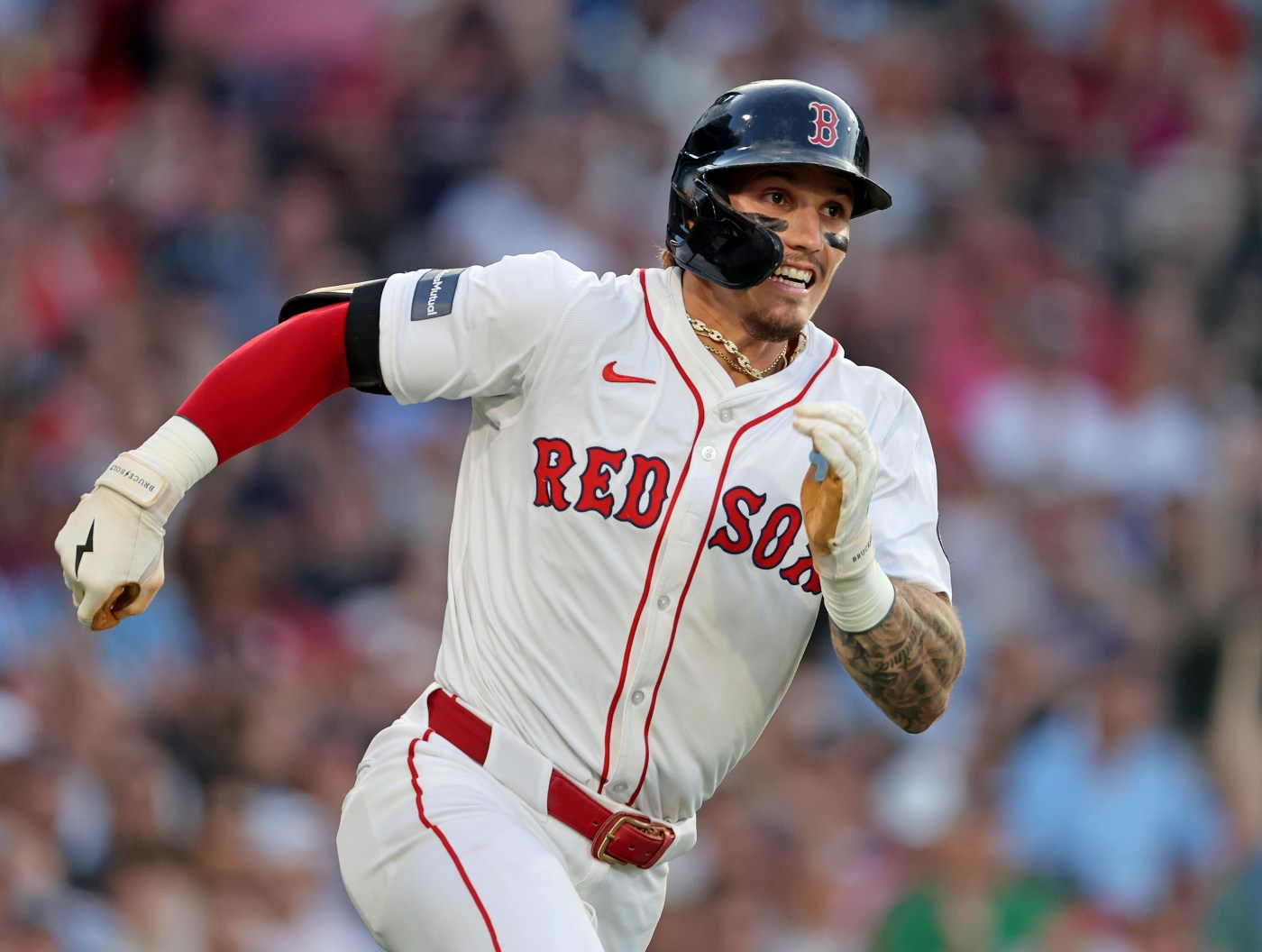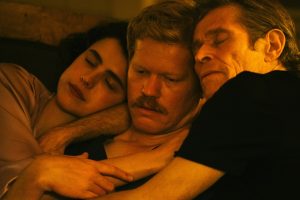
Column: Red Sox All-Star snubs a reminder that MLB’s voting process must change
The 2024 MLB All-Star finalists were announced Thursday, and there wasn’t a Red Sock among them. Within American League third basemen, Rafael Devers finished third. Connor Wong was fourth among the catchers. For the outfield, Jarren Duran finished 16th, followed by Wilyer Abreu (19th) and Tyler O’Neill (20th).
There will, of course, be at least one Boston player on Team AL. Every team, no matter how bad, gets one. (Last year, it was Kenley Jansen.)
But this isn’t one of those consolation-prize, de facto, ‘Well, they still have to send someone’ years. Several Red Sox players made strong cases to be finalists. In some cases, more than the finalists themselves.
Don’t believe me? The numbers, unlike biased fans, don’t lie or play favorites.
Duran should’ve been a starter. Forget the AL, here’s how he ranked among all Major Leaguers (entering Thursday’s off-day):
First in triples, third in at-bats, tied for third in doubles, tied for fourth in baseball-reference’s Wins Above Replacement, position player WAR, and games played (he’s started every Red Sox game so far). He’s fifth in hits and extra-base hits, tied for fifth in stolen bases, eighth in offensive bWAR, and ninth in runs, runs created, total bases, and win probability added (WPA). He entered Wednesday’s rained-out contest second among outfielders in Defensive Runs Saved.
Again, that’s in all of Major League Baseball.
And among qualified AL outfielders, Duran ranks first in at-bats, hits, triples, batting average on balls in play (BABIP), baserunning run value, and stolen bases. He and Aaron Judge are tied for the lead in doubles. Duran is second to Judge in extra-base hits and ranks third in runs, batting average, and total bases.
In other words, he’s one of baseball’s fastest, most effective, brightest stars this season.
Then there’s Rafael Devers, who gets snubbed for the midsummer classic more often than not. Remember 2019, when he hit .324 with a .923 OPS and 112 hits, 25 doubles, and 16 home runs in the first half and wasn’t named an All-Star?
Among qualified American League third basemen this year, Devers ranks first in walks (yes, really), slugging percentage, and OPS and is tied for second in doubles and triples. The cherubic slugger ranks second in home runs (16), in between finalists José Ramírez (21) and Jordan Westburg (13), who’ve each played seven more games than he has. He has a 10-point lead on Ramírez for batting average and ranks ahead of Westburg in runs. Devers’ .368 on-base percentage – which ranks second behind Josh Smith – is 28 points higher than Westburg’s and 40 points higher than Ramírez’s.
Wong is hitting an eye-popping .330 with a .870 OPS over his 57 games, with 66 hits, including 15 for extra-bases.
There’s also Tanner Houck, who leads qualified AL pitchers in ERA, ranks fourth in innings pitched, and is tied for sixth in strikeouts. Arms aren’t subjected to the fan-vote circus, but it’s been a while since the Red Sox have had a starting pitcher as qualified for the All-Star Game as Houck, so I’m mentioning it anyway,
The All-Star Game is supposed to showcase the league’s best talent. Without Duran and some of his Red Sox teammates, that certainly won’t be the case.
There’s plenty of blame to go around, and several issues at play. The first being that Red Sox fans didn’t show up for their players the way other fanbases did. Fifth AL outfield finalist Kyle Tucker received 1.4 million votes. Duran received 510,485.
If you think you’re going to stick it to John Henry and Fenway Sports Group by not voting for Duran, then I have a bridge to sell you.
But the overarching, eternal problem is that fans shouldn’t be in charge of selecting the starters in the first place. All-Stars should be chosen based on their stats and actual merit, but fandom and favoritism are two sides of the same coin. How many fans are going to take the time to compare stats and actually vote for the worthy players on rival teams?
From the All-Star Game’s inception in 1933 until 1946, the All-Star managers chose their lineups. Fans got their first taste of power in 1947, voting for starters via ballot boxes at the stadium. But there was no limit on how many times a fan could vote, and when Cincinnati Reds fans stuffed the boxes in the final week of voting – resulting in Cardinals star Stan Musial being the only non-Red in the 1957 NL starting lineup – MLB commissioner Ford Frick intervened. There would be no fan vote again until 1970.
If MLB has no plans to change the voting process again, they could, at least, mitigate favoritism by implementing some very basic requirements and restrictions. For example, perhaps a player should have to play at least 50% of his team’s games to qualify for starters voting? How about even 10 games? If you think I’m kidding, remember that Dustin Pedroia played three games all of 2018 and was on the All-Star ballot. Fernando Tatis Jr. didn’t end up playing a single game in 2022, yet he was receiving All-Star votes.
Being an All-Star is an honor. It also matters in ways fans might not realize, such as arbitration, when a team is looking for any excuse to pay a player as little as possible. Or as one former Red Sox player noted earlier this week, the number of All-Star seasons a player does or doesn’t have will become a talking point when they retire and the Hall of Fame debate – and comparisons to previously-elected players – begins.
The honor of being an All-Star should go to a player who’s truly playing like one. If fans don’t see it that way and the league doesn’t care to enforce any standards, eventually it won’t mean anything at all.


